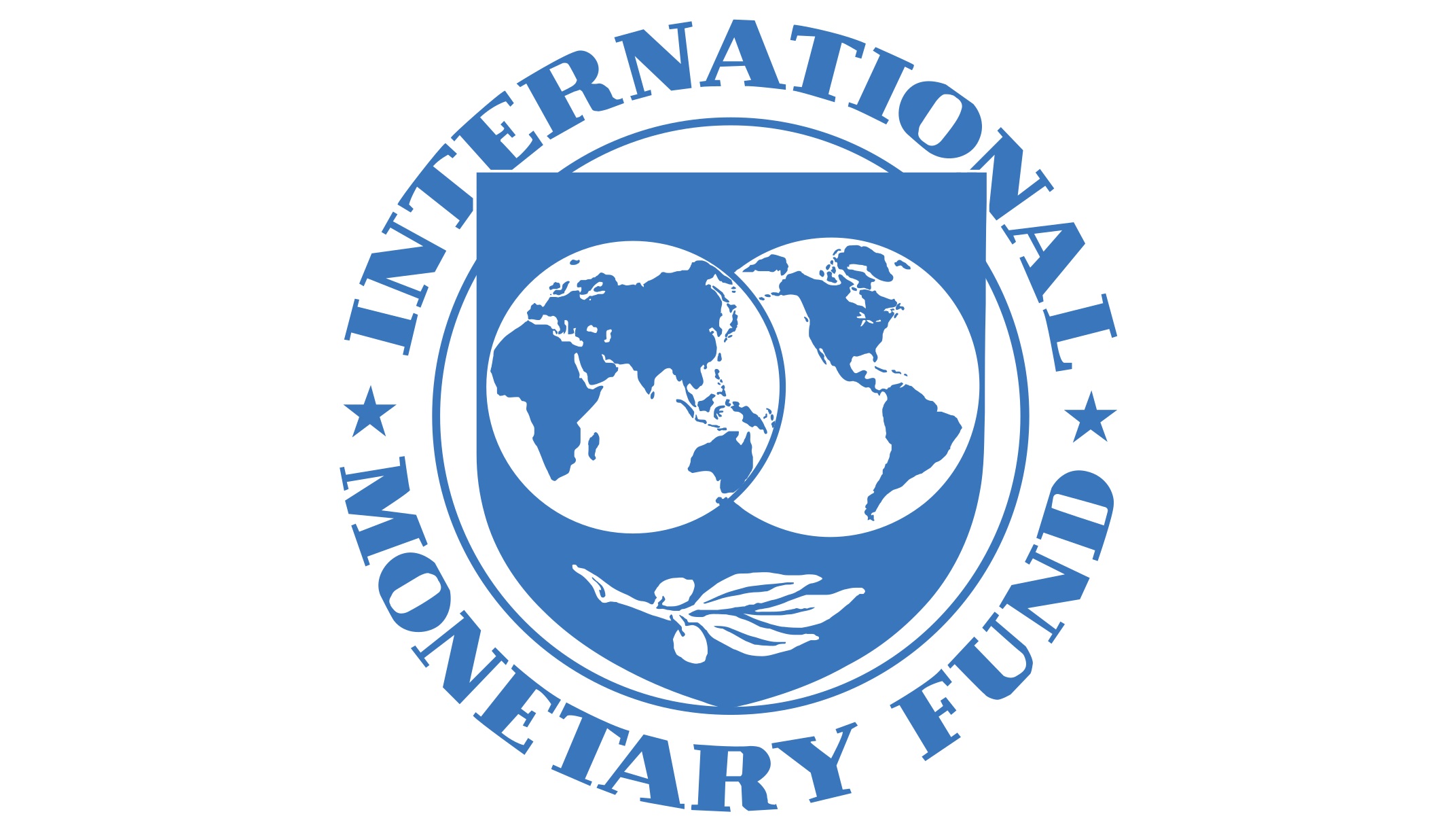African Caucus, IMF pledge stronger economic resilience
The African Caucus and International Monetary Fund (IMF) Managing Director, Kristalina Georgieva have reaffirmed their commitment to bolstering Africa’s economic resilience amid a global landscape marked by geopolitical fragmentation, high borrowing costs, and persistent inflation. Chairman of the African Caucus and Nigeria’s Minister of Finance and Coordinating Minister of Economy, Wale Edun in a statement […]

International Monetary Fund IMF
The African Caucus and International Monetary Fund (IMF) Managing Director, Kristalina Georgieva have reaffirmed their commitment to bolstering Africa’s economic resilience amid a global landscape marked by geopolitical fragmentation, high borrowing costs, and persistent inflation.
Chairman of the African Caucus and Nigeria’s Minister of Finance and Coordinating Minister of Economy, Wale Edun in a statement issued after the meeting emphasised that African economies are grappling with an array of external pressures that complicate policymaking.
The pressures, according to him, include rising living costs, social instability in some regions, and security challenges that not only harm populations but also undermine economic growth.
He said: “Together we are committed to strengthening Africa’s resilience to address the many challenges facing the continent. Policy priorities in the region are focused on securing the economic recovery, continuing to address imbalances, and creating space for much needed development focused investment.
- APC to Amaechi: If truly those in power steal money, why can’t you afford diesel?
- Gombe to begin N70,000 minimum wage payment October
“In countries where inflationary pressures are receding and inflation is near target, there is space to gradually ease towards a more neutral stance in close cooperation with other policies.
“In countries where inflation is still elevated, further tightening may be required. The exchange rate, where appropriate, should be allowed to play its shock absorber role while mitigating second-round effects of depreciation. Fiscal policy needs to find the right balance to address debt vulnerabilities and spending pressures.
“Renewed focus on enhancing domestic resource mobilisation is critical and it should be supported by governance reforms to improve public financial management, fiscal transparency, and enhance accountability.
“We welcome the launch of the Joint Domestic Resource Mobilisation Initiative (JDRMI) by the IMF and World Bank which seeks to improve domestic revenue mobilization, enhance spending efficiency, and develop domestic financial markets.
“We support a joint effort to channel more affordable financing for development, including for climate change adaptation and mitigation. This urgent need for scaling up concessional financing for Africa needs the support of all partners.
“The recently approved Review of the Poverty Reduction and Growth Trust (PRGT) allows the Fund to maintain adequate financial support to low-income countries, while restoring the self-sustainability of the Trust. The Review of Charges and the Surcharge Policy has substantially reduced the cost of borrowing.”
